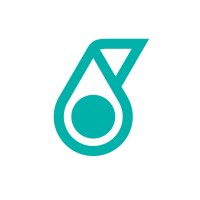
PDVSA Petróleos de Venezuela S.A.
Petróleos de Venezuela S.A. is a Venezuelan state company, began operations on January 1st, 1976 and whose activities are the oil exploration, production, refining, marketing and transportation of Venezuelan oil as well as the orimulsion, chemical, petrochemical businesses and coal. We have the largest oil reserves in the world, reaching at the end of 2013, a total certified sum of 298,353 million barrels, which represent 20% of the world reserves of this resource. Also we manage 197.1 trillion cubic feet of natural gas in proven reserves, a figure that places us in eighth place worldwide. PDVSA carries out its crude processing operations through 14 refineries: six in Venezuela, and nine in the rest of the world. The national refining system is made up of 6 refineries that have a processing capacity of 1 million 303 MBD of which 52% is destined for the local market and 48% for export. The international refining system is made up of 9 refineries located in the Caribbean region, United States and Europe. Our subsidiaries and affiliates are located across the globe in Venezuela, Belgium, China, Dominican Republic, Netherlands, Sweden, the United Kingdom and the United States. Headquartered in Caracas, Venezuela, with offices and operations throughout the country, we employ more than 140,000 workers worldwide.






